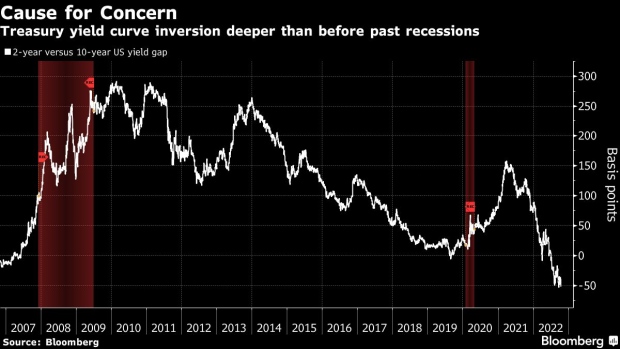
Bond issuance is expected to continue declining in 2023 compared to the previous year. Lionel Priyadi, a macro strategist at Samuel Sekuritas, linked the decline in bond market in the second half of 2023 to the Fed’s decision to maintain its benchmark interest rate between 5.25 and 5.5 percent. According to Priyadi, this move will hurt the bond issuance.
Fed’s High Interest Rates Slow Bond Market Trading
The Fed’s decision to keep interest rates high is expected to raise the cost of money, which will affect the bond market. Lionel says that bond issuance is quiet this year due to high interest rates and small budget deficits.
Samuel Sekuritas has decided to focus on IPOs rather than bond issuance due to the conditions. Lionel says Samuel Sekuritas won’t underwrite corporate bond emissions until 2023.
Main Draw: IPOs
“Our focus right now is more on IPOs than bonds, so almost all of our projects are related to stocks, except for early 2024 with PT PP (Persero) Tbk. (PTPP)” Lionel believes corporate bond market can pick up in 2024 and 2025 if the Federal Reserve and Bank of Indonesia (BI) decrease their benchmark interest rates.
Bond market maturities peak in September 2023
PT Pemeringkat Efek Indonesia (Pefindo) estimates that corporate bond maturity will peak at Rp19.28 trillion in September 2023. Total maturity from July to December 2023 will be Rp75.49 trillion, Rp24.09 trillion greater than in the first half.
Rising maturities are projected to drive this second-half bond market spike, according to Pefindo Fixed Income Analyst Ahmad Nasrudin. Additionally, sustained economic growth drives demand for goods and services, which need corporate funding for working capital and investments. Ahmad further notes that interest rates are lower than bank rates, especially for A (single-A) and higher ratings.
Driving and inhibiting factors
Competitive borrowing rates and good economic development are driving and impeding factors. Ahmad said high interest rates increase financial leverage, which is why investors demand higher premiums.
Bond market sales are reduced by the banking sector’s liquid asset surplus. Ahmad said the multifinance and banking industries have driven issuances recently. This applies especially recently. Another drawback is the company’s “front-loading strategy” in 2022, which involved issuing bonds to profit on historically low interest rates, especially in the first half. This may reduce the incentive to issue debt this year.
Impact of 2024 Campaign and Elections
The campaign season and 2024 elections also affect corporate bond issue decisions. Ahmad said the market is waiting for the incoming administration’s policies, which is usually a time of great uncertainty.
Since the commodity cycle has ended, bond market is less needed. This applies to other cyclical businesses like the raw materials industry, he concludes.